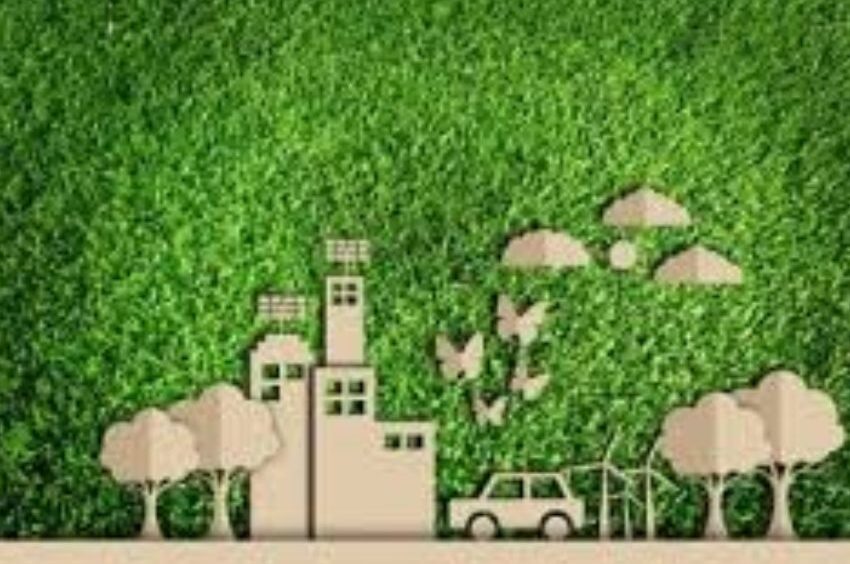India Must Scale Clean Tech, Modernise Logistics To Stay Competitive: Experts

Industry leaders stressed faster adoption of renewable technologies, coordinated logistics reforms and an EU-India FTA to drive sustainable growth
Experts from Indian and German industry on Tuesday said India must accelerate adoption of clean technologies, modernise its logistics sector and conclude an EU free trade agreement (FTA) to sustain growth and competitiveness.
“Clean technologies must scale rapidly if India is to meet its decarbonisation goals while sustaining growth,” said Sanghamitra Jayant Biswas of Siemens Energy India. She added that German expertise in renewable technologies and India’s vast market created “a natural complementarity” in energy cooperation.
EDAG India’s Bipin Chandra pointed to the role of advanced digital and engineering solutions in building green infrastructure, while TÜV SÜD’s Deepak Zade highlighted the need for rigorous safety and quality frameworks to ensure trust in renewable projects.
On the financing side, Stefan Kliesch of KfW Development Bank underlined Germany’s long-standing role in supporting Indian renewable energy projects, from solar and wind to the Green Energy Corridor. He said concessional loans and blended finance were critical to mobilise capital at scale.
Improving supply chains was another theme. “Logistics costs directly impact India’s ease of doing business,” said R.S. Subramanian of DHL Express India, urging wider adoption of data-driven systems. Rhenus Logistics CEO Vivek Arya called for collaborative supply chains and standardised infrastructure, while Lufthansa Cargo’s Shankar Iyer stressed that automation and advanced technology could bridge skill gaps.
Panelists speaking at IGCC Industry Dialogue 2025 organised by The Indo-German Chamber of Commerce said India had significant opportunities to attract investment in logistics and could achieve its 2030 targets with coordinated reforms and private sector support.
Trade agreement On The Horizon
Varda Taneja of the Federation of European Business in India said the EU-India FTA could ease tariff and regulatory barriers and unlock new opportunities in pharmaceuticals, digital services and green technologies. “The agreement’s strategic importance lies in creating resilient supply chains and deepening EU-India economic cooperation,” she said.
Speakers agreed that India’s ability to combine scale with sustainability will hinge on stronger Indo-German collaboration in technology, finance and trade policy.





































































































































































































































































































































































































































































































































































































































































































































































































































































































































































































































































































































































































